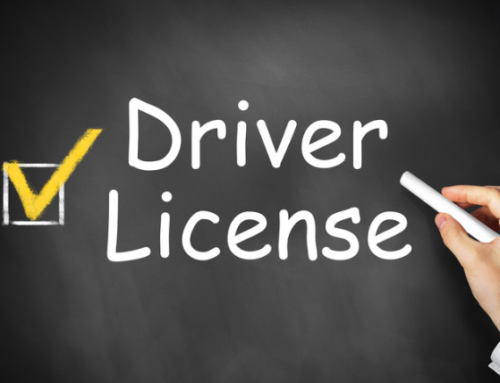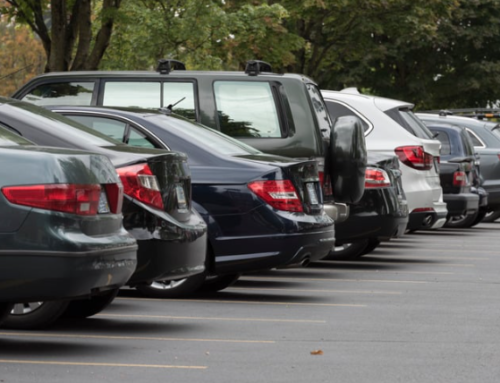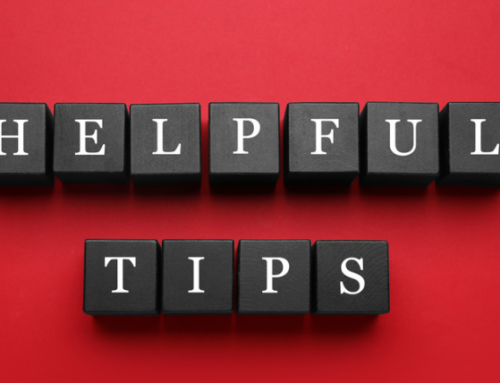Embarking on the journey to purchase a vehicle with less-than-perfect credit can feel like navigating uncharted territory. The good news? You’re not alone, and the road to car ownership with bad credit is more accessible than you might think. In this comprehensive guide, we’re here to demystify the process and answer the top 10 frequently asked questions that often arise when individuals are considering buying a car with less-than-ideal credit. From loan approval to budgeting strategies, buckle up as we address your concerns and pave the way for a smoother ride toward your dream car!
1. Can I get a car loan with bad credit?
Yes, securing a car loan with bad credit is possible. While traditional lenders may be hesitant, specialized lenders and dealerships focusing on subprime financing cater specifically to individuals with less-than-perfect credit. These lenders assess applications based on a broader set of criteria beyond just credit scores.
2. What interest rate can I expect with bad credit?
Individuals with bad credit may encounter higher interest rates due to the perceived risk by lenders. Interest rates can vary based on the severity of the credit issues. Shopping around, improving credit before applying, and exploring various lenders can help in finding more favorable terms.
3. How does bad credit impact loan approval?
Bad credit can make loan approval challenging with traditional lenders, but specialized lenders and dealerships are more lenient. These entities consider factors beyond credit scores, such as income, employment stability, and the ability to make a down payment.
4. Are there specific lenders that work with bad credit customers?
Absolutely. Specialized lenders and certain dealerships actively work with individuals facing credit challenges. They understand the nuances of bad credit situations and tailor their financing options accordingly.
5. What documents do I need to apply for a car loan with bad credit?
When applying for a car loan with bad credit, you typically need proof of income (pay stubs or tax returns), proof of residency (utility bills or lease agreements), a valid driver’s license, and information on existing debts.
6. Can a cosigner help improve my chances of loan approval?
Yes, a cosigner with a stronger credit profile can significantly enhance your chances of loan approval. The cosigner essentially vouches for your ability to repay the loan, providing lenders with increased confidence in the transaction.
7. How much should I budget for a car with bad credit?
Budgeting considerations should extend beyond the monthly payments. Individuals with bad credit may face higher interest rates, so it’s essential to factor in the overall cost of the loan. Setting realistic expectations for monthly payments and considering a substantial down payment can positively impact affordability.
8. Will getting a car loan with bad credit affect my credit score?
Initially, applying for a new loan might result in a small dip in your credit score due to the hard inquiry. However, making timely payments on the car loan will contribute positively to rebuilding your credit over time.
9. Are there specific types of cars I can purchase with bad credit?
The range of available vehicles is broad, including both new and used cars. While certain lenders may have restrictions, many dealerships working with bad credit customers offer a diverse inventory to choose from.
10. How long does it take to build credit after getting a car loan with bad credit?
Building credit is a gradual process. Consistent, timely payments on the car loan demonstrate responsible financial behavior and contribute positively to credit improvement over time. The timeline for significant improvement varies but can span several months to a few years.

















